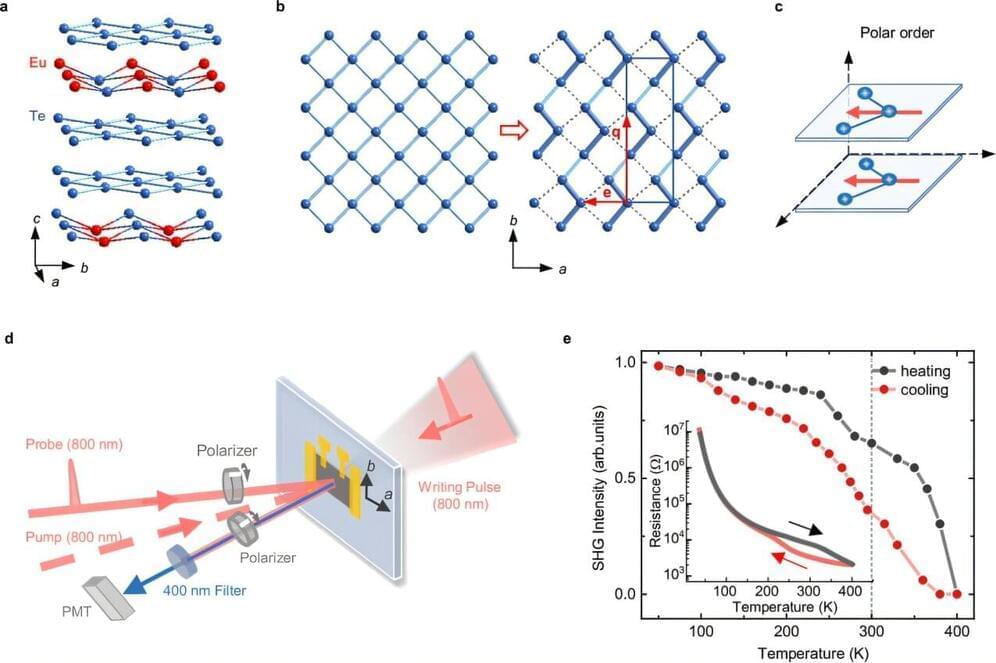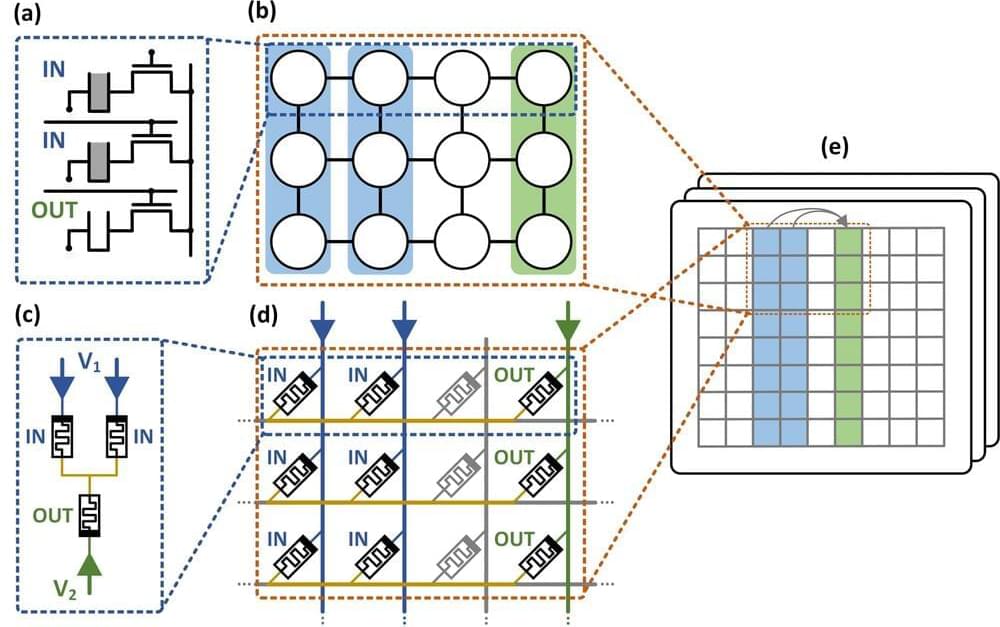People with a phobia of needles may soon experience relief with an innovative blood sampling method inspired by leeches.



The Semperis Hybrid Identity Protection conference kicked off today in New Orleans, gathering identity security experts, practitioners, and thought leaders to explore the evolving world of hybrid identity. This year’s conference, more relevant than ever, highlights a fundamental shift in how organizations approach identity—not just as a tool for managing user access but as a critical layer of cybersecurity that shapes an organization’s defensive posture. In an era of remote work, cloud adoption, and advanced cyber threats, identity has become the new perimeter, making events like HIP essential for fostering innovation, resilience, and collective knowledge in the industry.
Historically, identity management was an IT utility—a straightforward way to grant employees access to necessary resources. However, as digital transformations swept through organizations, the role of identity shifted dramatically. Identity is now central to security strategies, especially with the explosion of SaaS applications, remote access, and mobile workforces. For many organizations, identity is not just about provisioning accounts; it’s the first and last line of defense against unauthorized access and data breaches.
This transition has led to a realignment within organizations, where identity management is increasingly overseen by CISOs rather than traditional IT teams. CISOs recognize that identity management is a security function with direct implications on risk mitigation, compliance, and resilience.

Unveiling faster and smarter reasoning in AI:*
Researchers have introduced a breakthrough in AI reasoning, specifically for Large Language Models (LLMs), with a method called*.
Interpretable Contrastive Monte Carlo Tree Search Reasoning — zitian-gao/SC-MCTS.

Addressing the challenge of controlling electronic states in materials, the scientific community has been exploring innovative methods. Recently, researchers from Peking University, led by Professor Nanlin Wang, in collaboration with Professor Qiaomei Liu and Associate Research Scientist Dong Wu, uncovered how ultrafast lasers can manipulate non-volatile, reversible control over the electronic polar states in the charge-density-wave material EuTe4 at room temperature.

In this video I discuss probabilistic computing that reportedly allows for 100 million times better energy efficiency compared to the best NVIDIA GPUs.
Check out my new course on Technology and Investing in Silicon:
https://www.anastasiintech.com/course.
The first 50 people to sign up get 25% off with the code “EARLY25”
Timestamps:
00:00 — Probabilistic Computing.
9:24 — Thermodynamic Computing.
Let’s connect on LinkedIn ➜ / anastasiintech.
My Deep In Tech Newsletter ➜ https://anastasiintech.substack.com.
Support me at Patreon ➜ / anastasiintech.

Technion Researchers have developed a software package that enables computers to perform processing operations directly in memory, bypassing the CPU. This is a significant step toward developing computers that perform calculations in memory, avoiding time-consuming and energy-intensive data transfers between hardware components.
A new and exciting field has emerged in the hardware domain in recent years: in-memory computing. The in-memory computing approach introduces a significant change from the way computers typically operate.
While traditionally the CPU runs calculations based on information stored in the computer’s memory, with this innovative approach, some operations are performed directly within the memory, reducing data transfers between the memory and the CPU.As transferring data between computer units is time-and energy-intensive, this change leads to significant savings in both.

An international research team has for the first time designed realistic photonic time crystals–exotic materials that exponentially amplify light. The breakthrough opens up exciting possibilities across fields such as communication, imaging and sensing by laying the foundations for faster and more compact lasers, sensors and other optical devices.

Groundbreaking research presented at UEG Week 2024 reveals a promising new treatment strategy for type 2 diabetes (T2D) that could significantly reduce or even eliminate the need for insulin therapy.
This innovative approach, which combines a novel procedure known as ReCET (Re-Cellularization via Electroporation Therapy) with semaglutide, resulted in the elimination of insulin therapy for 86% of patients.
Globally, T2D affects 422 million people, with obesity recognized as a significant risk factor. While insulin therapy is commonly used to manage blood sugar levels in T2D patients, it can result in side effects such as weight gain and further complicate diabetes management. A need therefore exists for alternative treatment strategies.
